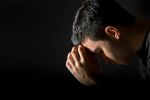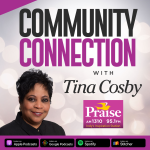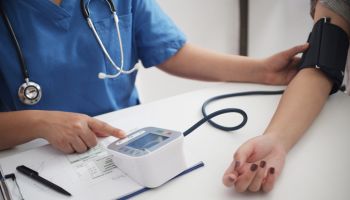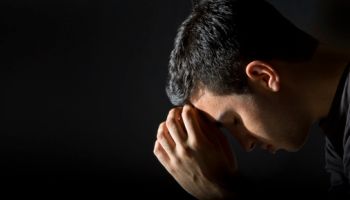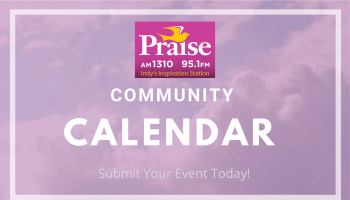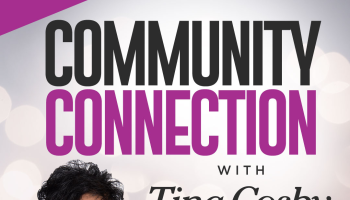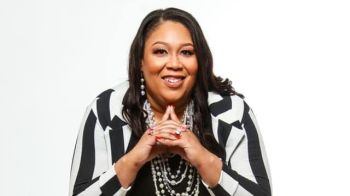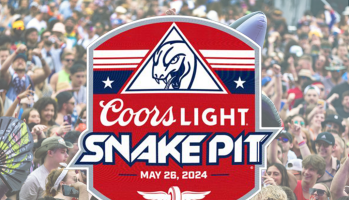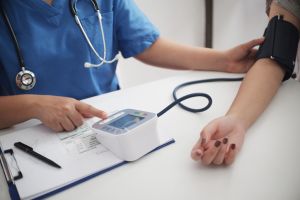
Source: Supitnan Pimpisarn / EyeEm / Getty
COVID-19 is described as a respiratory illness (like the flu) with symptoms such as a cough, fever, and in more severe cases, difficulty breathing. Those with prior medical conditions are at a higher risk and according to the American Heart Association, people with high blood pressure — a reading above 130/80 — may face an increased risk for severe complications if they get the virus.
The American Heart Association has shared guidance for those with high blood pressure during COVID-19. Based on what they know, elderly people with coronary heart disease or high blood pressure may be more susceptible to catching the coronavirus. Their symptoms may also be more severe than others without high blood pressure/heart disease.
According to the latest guidance from the American Heart Association, Heart Failure Society of America and the American College of Cardiology, People should not stop taking prescribed angiotensin converting enzyme inhibitors (ACE-i) or angiotensin receptor blocker (ARB) medications for high blood pressure, heart failure or heart disease. Taking these medications don’t increase your risk of catching COVID-19 and they are vital to maintaining blood pressure levels.
If you do have pre-existing conditions like high blood pressure, taking extra precautions could help the fight against COVID-19. Here are some tips:
Pay attention to which over-the-counter medications you are taking: Common pain medicines called like naproxen and ibuprofen can increase your blood pressure. Decongestants are also known BP-raisers. People with heart concerns should limit or avoid them, especially if their blood pressure is uncontrolled. Instead, try drugs such as acetaminophen which are less likely to increase blood pressure. Always consult with your doctor before taking over-the-counter medications.
Watch for some prescription medicines: Some prescription medications might raise your blood pressure. If you’re taking medication for mental health, corticosteroids, oral birth control, immunosuppressants or some cancer medications, you should monitor blood pressure to make sure it is staying in the healthy range.
Limit alcohol and caffeine intake: Too much of either can raise blood pressure. The American Heart Association recommends no more than three cups of coffee/day in general, and most people with high blood pressure should avoid it.
Watch herbs and food combinations: “Natural” supplements and home remedies might not be safe if you have prior health conditions. Some herbal supplements, such as licorice, can raise blood pressure. Consult with your doctor if you are unsure how certain remedies will affect your blood pressure.
The American Heart Association urges those with heart disease or high blood pressure to stay in contact with health care providers. Many doctors are offering virtual visits during the pandemic. The American Heart Association also has a free online Support Network that offers support for those with similar conditions or health concerns.
Source: The American Heart Association
See the latest COVID-19 news here.
